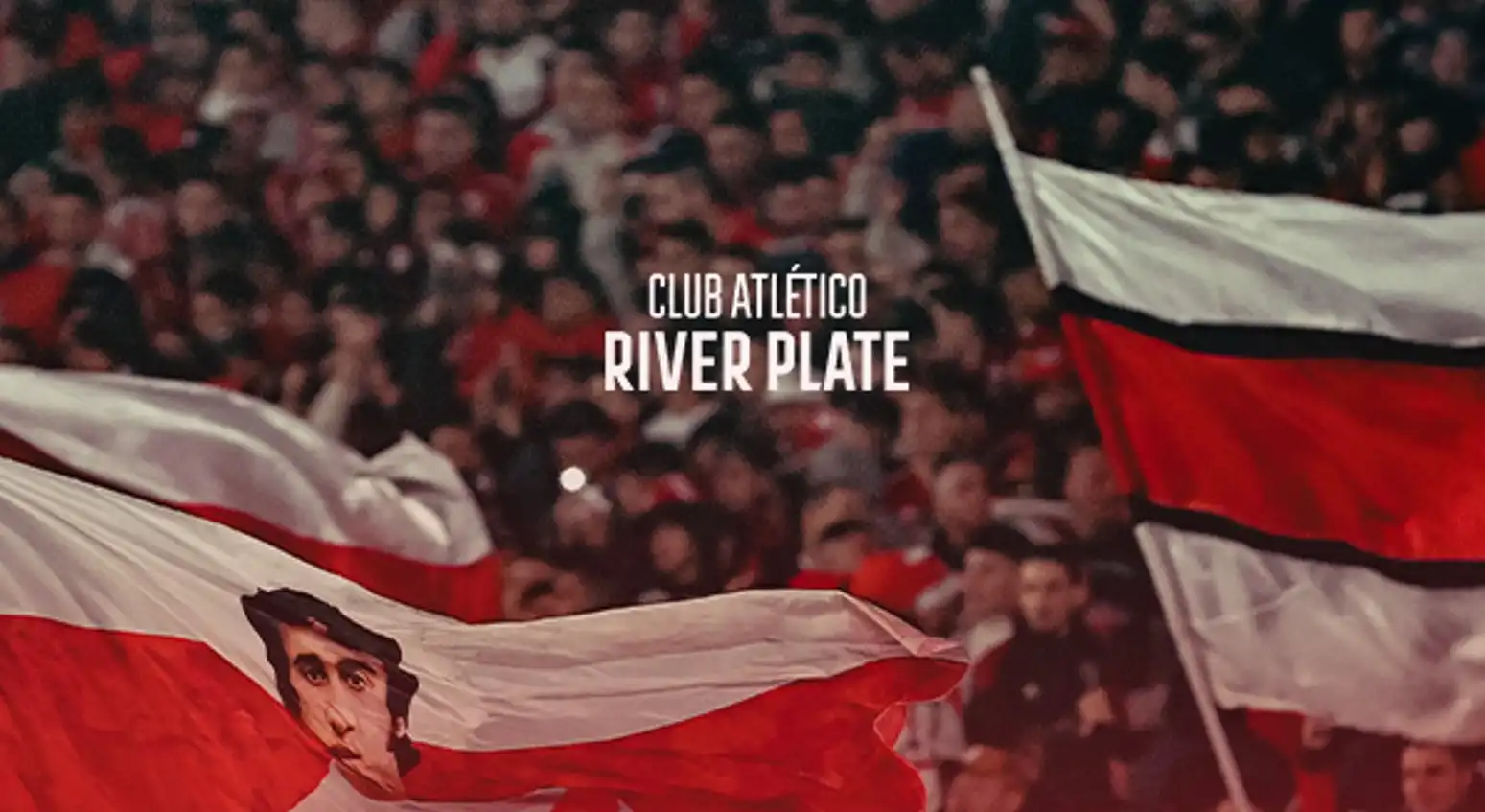River Plate's Phoenix Flight: From Relegation's Abyss to South American Kings
Muhe - Tuesday, 29 July 2025 | 08:00 PM (WIB)


The Grind of the B-Nacional: Humiliation and Hope
Life in the Primera B Nacional, Argentina's second tier, was a brutal awakening. It was a world away from the glamorous stadiums and polished pitches River was accustomed to. They were met with hostile crowds, unglamorous venues, and opponents who treated every match against the fallen giant like their own personal cup final. There was no easy ride. Every game was a battle, a physical and psychological war. The humiliation was palpable, yet amidst it, a resilient spirit began to stir.The club made a bold, symbolic decision: Matías Almeyda, a River Plate legend, took over as manager, hanging up his boots to lead his beloved team from the sidelines. It was a choice that felt both desperate and poetic, a former warrior tasked with leading the charge back to the promised land. Crucially, some key figures chose to stay and fight. Stalwarts like Fernando Cavenaghi, a prolific striker, and the legendary French World Cup winner David Trezeguet, who surprisingly joined the club during this period, rolled up their sleeves and got their hands dirty. These were not players seeking glory; they were players committed to redemption, embodying the spirit of getting back up after being knocked down.The season was a pressure cooker, every win a step, every draw a setback, every loss a catastrophe. The weight of expectations from millions of fans, desperate for their return, was immense. Finally, after a grueling season, on June 23, 2012, River Plate secured their promotion back to the Primera División with a 2-0 victory over Almirante Brown. The relief was immense, a collective sigh from an entire nation of football fans. It wasn't the top, not yet, but it was a crucial step, a symbolic breaking of the chains that had bound them to the depths.The Marcelo Gallardo Era: From Rebirth to Dynasty
Getting back to the top tier was just the beginning. The real challenge lay in reclaiming their identity, in proving they belonged among the elite once more. River struggled initially to find their footing, but the true turning point, the moment that launched them into an era of unprecedented glory, arrived in 2014 with the appointment of Marcelo Gallardo as head coach. "El Muñeco" (The Doll), as he’s affectionately known, was a former River Plate player, but it was his tactical genius and relentless winning mentality that would redefine the club.Gallardo wasn't just a coach; he was a visionary. He instilled a philosophy of aggressive, high-pressing, attacking football, demanding intensity and tactical discipline from his players. He fostered a culture of continuous improvement, shrewdly developing youth talent while making smart, impactful signings. It was clear something special was brewing. He transformed the team into a cohesive, formidable unit, a true sensei guiding his warriors.Under Gallardo, River Plate didn't just return; they soared. Their first taste of major international success came swiftly with the Copa Sudamericana title in 2014. It was a massive psychological boost, announcing their return to the continental stage. But it was the Copa Libertadores, South America's most prestigious club competition, that became their true proving ground. In 2015, they lifted the trophy, their first Libertadores title in 19 years, signaling to the world that the giant was wide awake.The ultimate redemption, the story for the ages, came in 2018. River Plate faced their eternal rivals, Boca Juniors, in an epic Copa Libertadores final, a Superclásico showdown on the grandest stage. After a thrilling first leg draw, the decisive match was famously moved to Madrid's Santiago Bernabéu Stadium. In a tense, dramatic encounter, River emerged victorious, defeating Boca 3-1 in extra time. It wasn't just a trophy; it was the ultimate vindication, a moment that cemented their place back at the very pinnacle of South American football, a symbol of absolute dominance over their fiercest foe.The Legacy of Resilience and Revival
From the depths of relegation, River Plate, under Gallardo's unwavering leadership, went on to achieve an astonishing run of success, collecting multiple domestic and international titles, including another Copa Libertadores in 2018. Their journey is a testament to more than just winning trophies; it's a story about resilience, about the unwavering loyalty of a fan base that stuck by their club through thick and thin, and about the power of smart, consistent leadership.River Plate's dramatic fall and even more dramatic rise serve as a powerful narrative in the annals of football history. It proves that even when giants stumble, even when they hit rock bottom, true greatness is defined not by the fall itself, but by the strength and character shown in the ascent. They weren't just a club that returned to the top; they became a symbol of hope, a phoenix rising magnificently from the ashes, reminding us all that in football, as in life, the comeback is always stronger than the setback.
Liverpool vs Arsenal Prediction: Week 3 of the 2025/2026 Premier League
14 days ago

Rayo Vallecano vs. Barcelona Prediction: Week 3 of La Liga 2025/2026
14 days ago

Messi's Last Dance? The GOAT Hints at a Potential World Cup Farewell in 2026
15 days ago

Real Madrid vs Mallorca Prediction: Los Blancos Aim for Third Consecutive Win
15 days ago

West London Derby: Chelsea vs. Fulham Prediction, Week 3 Premier League Match
15 days ago

Manchester United vs Burnley Prediction: Tough Test at Old Trafford
15 days ago

The Roar of History: Why Almaty Ortalık Stadium Isn't Just a Venue, It's Kazakhstan's Heartbeat
15 days ago

Wayne Rooney’s Stark Warning: Can Manchester United Still Attract Elite Managers?
15 days ago

The End of the Road: Ole Gunnar Solskjaer's Turkish Adventure Concludes Abruptly at Besiktas
16 days ago

Argentina vs. Venezuela: Lionel Messi's Final Moments in Home?
16 days ago
